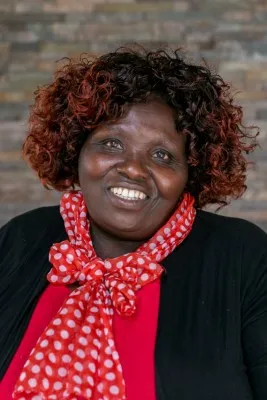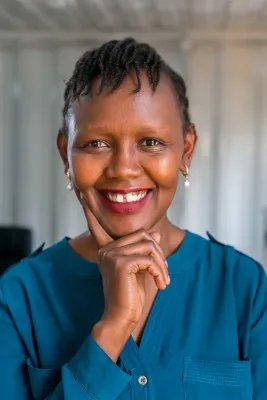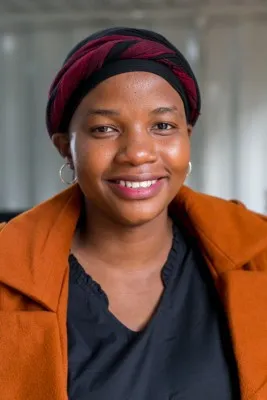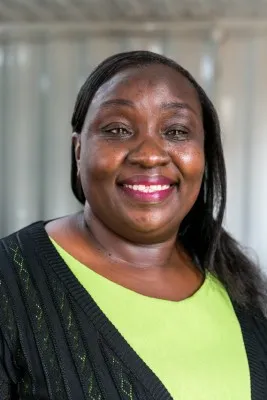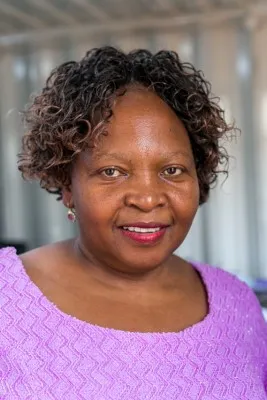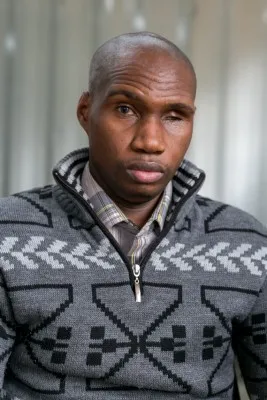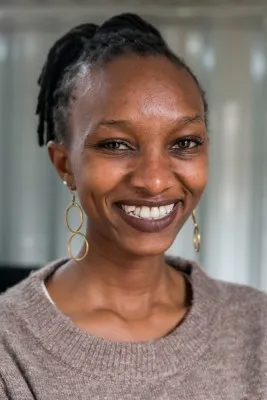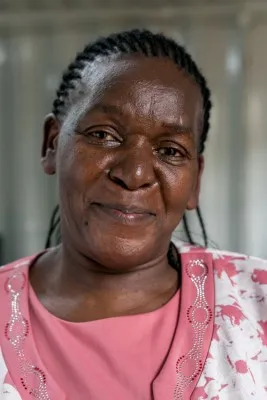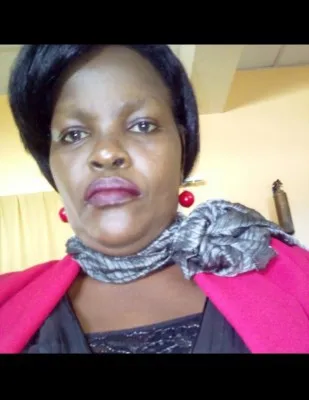Our Story
While the Constitution expressly provides the national legal framework for an inclusive society, there has been limited progress in promoting and protecting the rights of Women with Disabilities (WwDs).
WCC came about when a few women with disabilities felt that women with disabilities needed a platform to speak out to create awareness in the community at large regarding disability rights so as to ensure that the same aren’t infringed. The organization was then registered in 2001 under the Kenyan laws.
The membership of WCC disabilities is all inclusive of the various types of disabilities i.e deaf, blind, physical, albinism, intellectual, psychosocial disability etc. Over 1300 women and girls living with disabilities across the 47 counties have so far registered with the organization.
Vision
Realization of a just, participatory, empowered and sustainable living for girls and women with disabilities in Kenya.
Mission
Improve lives of women with disabilities through capacity building, awareness raising, advocacy and development programs.
This program has 6 priority areas: Political Participation, Economic Empowerment, Access to Information, Equality & Non-discrimination, Social Protection, Environment & Transport.
These priority areas ensure mainstreaming and inclusion of women with disabilities, both in policy and implementation.
The program is also aimed at strengthening capacities of women with disabilities and equipping them with skills to run for political office.
WCC has developed a policy platform which is an advocacy instrument for disabled people’s organizations (DPOs) to engage with national and county governments to ensure the inclusion of women with disabilities in development processes.
The platform ensures that the voices and rights of women with disabilities are enshrined in policies development and implementation processes at national and county levels.
Board Members
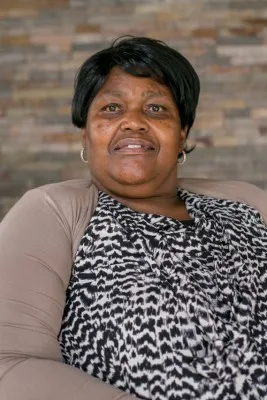
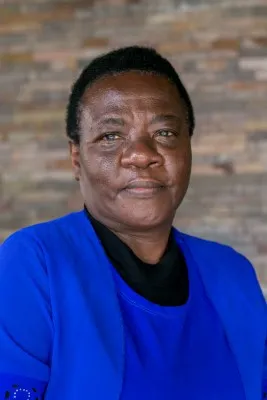
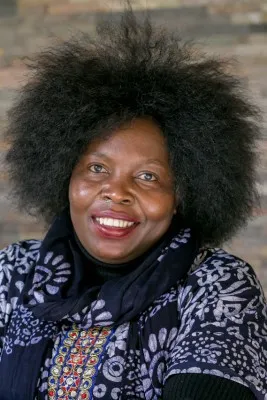
Staff Members
